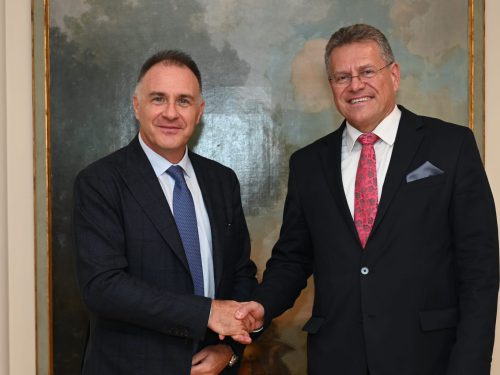Document
Share on
The current global multi-crises are innervated by a dense web of interests that envelop trade, investment, foreign policy, defence, security, energy, mining, industrial, food, components and semi-finished goods necessary for the epochal transitions we are facing.
On the one hand, this prevents us from treating one or more of these dimensions in isolation, forcing us into kaleidoscopic lenses that place the analysis at risk of obviousness or hyperbole. On the other hand, the lexicon of international relations is enriched with neologisms to describe the drift of the world order from a model that we have known, investigated, appreciated and criticised: 'globalisation', towards a polarisation that is as uncertain as it is potentially insidious for a transforming economy such as the Italian one.
Their genesis is invariably political and, given these connections, the business world must question their appropriateness and feasibility.
The paper reflects this need with regard to the demand that has emerged in the international debate to orient investment decisions, hence supply chains, on the basis of criteria other than the typically corporate ones.





















